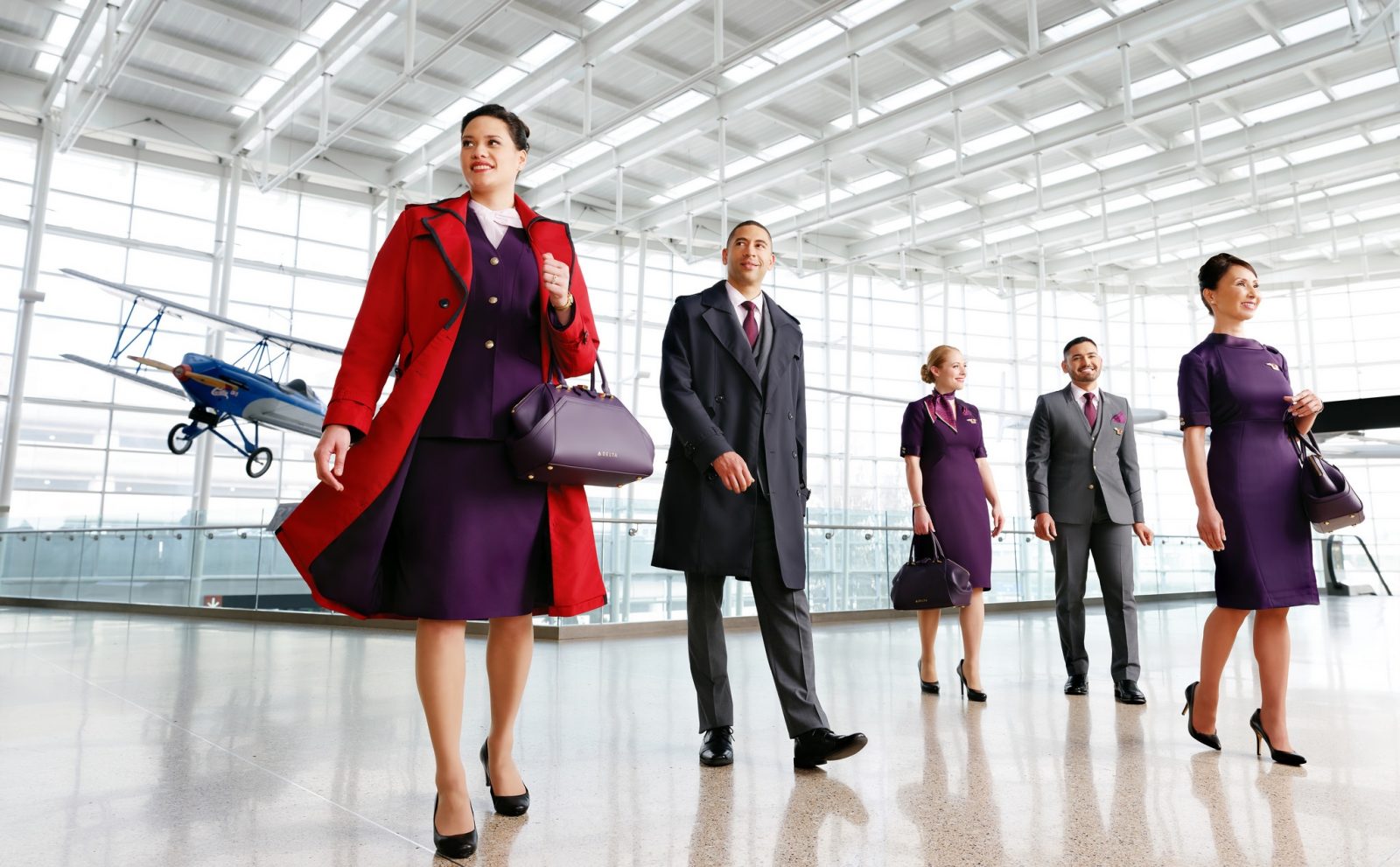
Delta Air Lines is facing criticism over a new staff memo which outlines a “sickness philosophy” rather than a sickness policy. It might not seem like a big difference, perhaps even just semantics, but the IAM union which is fighting to represent flight attendants at the Atlanta-based airline says the current system is unfair and staff deserve to have a defined sick policy.
Yet Delta believes a “black and white” policy would do its employees, including flight attendants a disservice. Rather than following a policy which is set in stone, Delta would rather its managers be able to use some discretion – or as it puts it, use the “human factor”.
The IAM, however, thinks that’s an approach which is ripe for abuse – they say managers play “favourites” and some staff are treated more favourably than others. What’s even more worrying is that overall performance can be used to make decisions about what action to take when a flight attendant calls in sick.
That might sound like a good thing – after all, overall performance could be used to flag up trends but just like at several other major airlines, Delta is now using direct customer scoring to individually rate their flight attendants. When used correctly, this is a great way to improve service and performance but IAM, along with other critics of the system worry flight attendants will overlook safety and security concerns for fear of getting a low score from their passengers.
“One bad letter and you’ll be looked at differently when you get the flu and have to call in sick,” the IAM warns in a new blog post aimed at drumming up support for unionization.
In contrast, Delta’s pilots have negotiated up to 270 hours of sick leave per year. In fact, their contract prevents managers questioning their sick leave until they have accrued 100 hours of leave in a calendar year.
There’s no doubting that flight attendants are more likely to suffer some sickness over the course of the year than the average worker. Long irregular hours, jet lag and a physically demanding job take their toll. Then there are the risks of sharing the same air with hundreds of passengers to name but a few reasons.
“Senior management has the right vision in mind, saying we should be treated like human beings,” the union explains but still think Delta flight attendants “deserve a black and white sick policy.”
“We deserve to be treated equally and fairly when it comes to reliability regardless of unrelated factors like unverifiable survey scores and uncorroborated complaint letters.”
Of course, Delta isn’t the only U.S. airline facing criticism over its sickness policy for flight attendants – American Airlines recently introduced a points-based performance and attendance programme which drew ire from the airline’s flight attendant union.
Staffers can accrue points for being late or reporting sick – especially during critical periods like Thanksgiving. While accumulating 4-6 points in a 12-month period would result in a performance review, 10 or more points could lead to termination.
Perhaps Delta isn’t doing too badly at the moment – the carrier was recently certified as a ‘Great Place to Work’ for the third year in a row. The award was based on reviews from a randomly selected group of employees – 90% of whom said that overall, Delta was a great place to work.
Unlike most major airlines in the United States, Delta flight attendants aren’t currently represented by a union. The airline says this gives them the ability to talk directly with staffers to address concerns.
Related
Mateusz Maszczynski honed his skills as an international flight attendant at the most prominent airline in the Middle East and has been flying ever since... most recently for a well known European airline. Matt is passionate about the aviation industry and has become an expert in passenger experience and human-centric stories. Always keeping an ear close to the ground, Matt's industry insights, analysis and news coverage is frequently relied upon by some of the biggest names in journalism.







